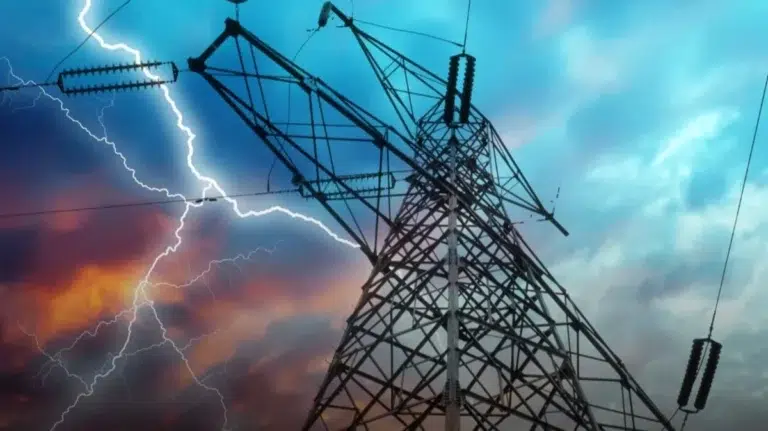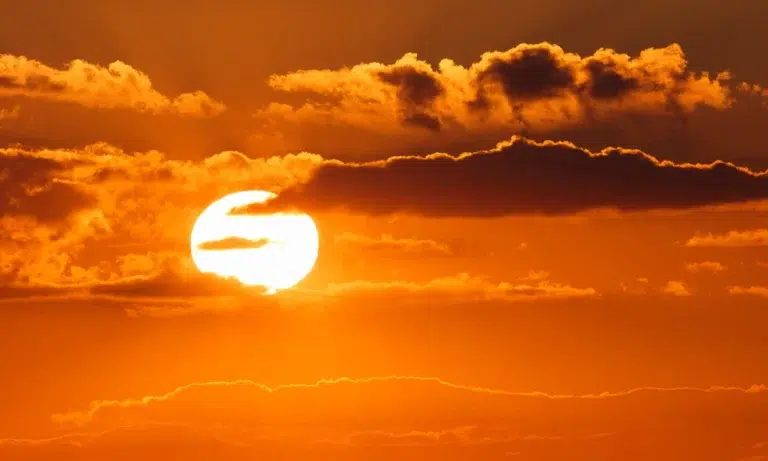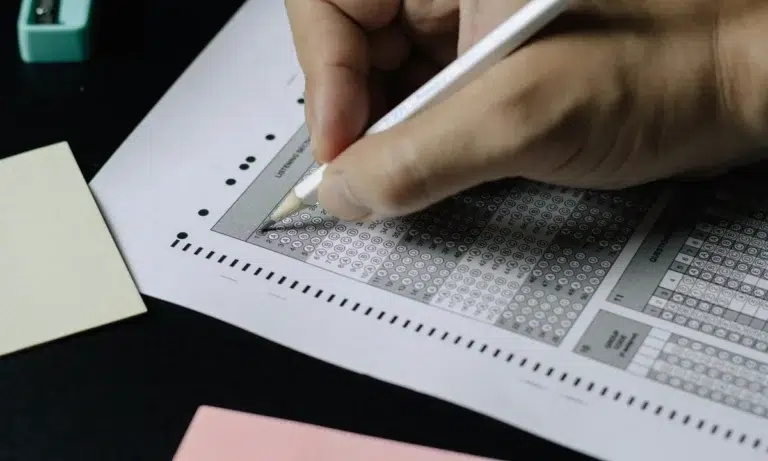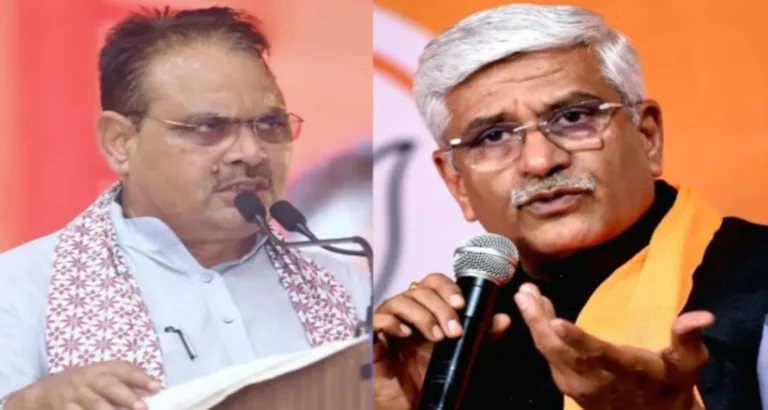Rajasthan Budget 2025 150 units free electricity: 2025-26 Rajasthan Budget: Free electricity to increase from 100 to 150 units JAIPUR: The Rajasthan Budget for the year 2025-26 has increased the allocation of free electricity to households from 100 units to 150 units per month. But there is a big catch — only those consumers who install solar panels under the PM Suryaghar Muft Bijli Yojana (the Prime Minister’s Free Electricity Scheme) and are enrolled under the Mukhyamantri Nishulk Bijli Yojana (the Chief Minister’s Free Electricity Scheme) will be eligible for this benefit. The announcement has generated excitement, but also raised several critical questions as there is no clarity on how it will be implemented. Here’s a breakdown of the announcement and the issues it has raised.
150 Units Free Electricity Conditions
2025-02-19 19: 00: 05 Deputy Chief Minister and Finance Minister Diya Kumari announced a budget on February 19 that increases the current free electricity scheme from 100 units to 150 units per month. The benefit will be linked to installing solar panels under the central government’s PM Suryaghar Muft Bijli Yojana. The state government wants to include renewable energy in the scheme but hasn’t said if it will provide additional subsidies for installing solar panels beyond the central government’s contribution or how the scheme will be implemented for all consumer categories.
A New Model in the Works
The Mukhyamantri Nishulk Bijli Yojana will be modified to incorporate the change. A fresh model will be devised to combine the 150-unit free electricity provision with solar adoption, officials said. Until then, the existing scheme, which provides for up to 100 units free and subsidies for higher consumption, will continue, they said. Sources said a 3-kilowatt (kW) solar panel system costs about 1. 5 lakh, raising questions about affordability and state support.
Current Situation
Rajasthan spends about 5, 600 crore a year on free power and subsidies to domestic consumers. The maximum subsidy is 562. 50 a month for registered households consuming more than 100 units. Of the 1. 32 crore domestic consumers, 96 lakh are registered under the existing scheme, of whom 62 lakh have zero electricity bills as they consume less than 100 units in a month. The budget announcement seeks to bring these consumers under the ambit of the relief, but the condition of installing solar panels has left many details unresolved.
Key Questions Awaiting Answers
The public and stakeholders are seeking clarity on several crucial aspects of this announcement. Here are the pressing questions that remain unanswered:
- State Government’s Subsidy Contribution
The maximum subsidy offered by the central government under the PM Suryaghar Muft Bijli Yojana is 78, 000 for a 3 kW solar system (30, 000 for 1 kW, 60, 000 for 2 kW, and 78, 000 for 3 kW or more). The rest of the cost—often over 70, 000 for a 3 kW system—would have to be borne by consumers. Will the Rajasthan government bear any part of this additional cost? How much? We don’t know. - Scope of Solar Panel Installation
A 1. 5 kW solar panel system generates 160–170 units of electricity per month, which is close to the 150-unit free limit. Will the state offer fully subsidized 1. 5 kW solar panels to eligible consumers for free? Will the benefit be extended to all domestic consumers or only to those consuming up to 150 units per month? - Timeline and Transition
The government has said it will roll out the scheme in phases, but hasn’t said when. Will consumers continue to get 100 units free under the current scheme until the new one kicks in? There has been no indication of a timetable so many consumers are left in the dark. - Inclusion of Unregistered and New Consumers
36 lakh households are not registered under the existing Mukhyamantri Nishulk Bijli Yojana and so do not avail subsidies. Will these households be eligible for the benefit of 150-unit free electricity after installing solar panels? Also, will new electricity connection holders be covered under the scheme going forward? - Benefits for Existing Solar Users
Will households that already have solar panels be eligible for any additional subsidies or benefits under the scheme? Early adopters might feel left out if the scheme is only targeted at new installations.
Public and Official Response
Neither Energy Department officials nor technocrats from Rajasthan’s power distribution companies could readily answer these questions. A detailed implementation model is being crafted, sources said, that will address eligibility, funding and rollout details. Until then, the announcement remains a promise with potential but little operational clarity for consumers to fully grasp its impact.




